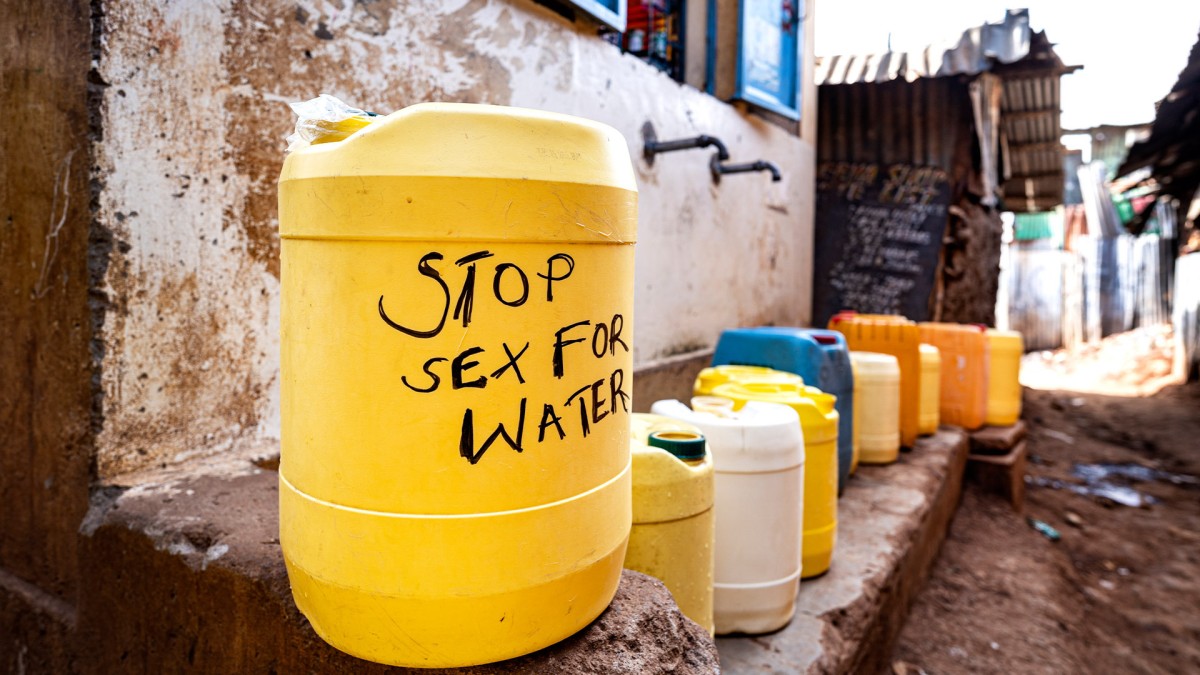Why we should be talking about sex for water in New York
Women risk bearing the brunt of increasing competition for water due to the climate crisis. With the extreme result being the practice of sextortion: sex in exchange for drinking water. Dieneke van der Wijk, director of development organisation Simavi, demands concrete action at the UN Water Conference taking place in New York from March 22nd until March 24th.
In New York, it's all about one thing: the importance of water. The world is coming together to discuss actions and solutions to the fact that 1 in 4 people in the world do not have access to safe drinking water. The UN Water Conference, organised by the Netherlands and Tajikistan, comes not a day too soon. The impact of the climate crisis on the availability of safe drinking water is undeniable. This is true in Africa and Asia - think of last year's massive drought and floods. But also In Italy and France, rivers are already running dry and drinking water supplies are at risk.

Extorted
Throughout March, development organisation Simavi is drawing attention to the problem of sex for water: girls and women extorted to have sex in exchange for drinking water. It is an extreme consequence that occurs in several countries in Africa and Asia where Simavi works. And it shows where the increasing scarcity of safe drinking water combined with the unequal position of women is leading.
The Netherlands also plays a role in this. Indeed, in the competition for water, the needs of local communities systematically lose out to investments in export-oriented agriculture, industry or mining. By promoting trade and investment abroad without paying sufficient attention to the impact of these policies on the drinking water situation of vulnerable groups, the Netherlands contributes to this.
Queuing for hours
The Netherlands, as a champion of gender equality, must additionally remain keen on the position of girls and women. In many countries in Africa and Asia, they are responsible for fetching water. That means walking many kilometres or queuing for hours for a jerry can of water. It is time they cannot spend on education or work. Moreover, during their daily quest, they are at risk of sexual violence or sexual extortion.
Local water solutions
Women bear the brunt of increasing competition for drinking water, but rarely sit at the tables where plans are made for its management and distribution. Their interests are rarely at one or simply overlooked. Water justice for women and vulnerable communities must therefore take centre stage at the UN Water Conference. Apart from a position at the table, this also calls for increased funding for local water solutions. It is high time to face the fact that inequality and oppression are putting women and girls at a disadvantage on all fronts. Even when it comes to something as simple as drinking water.
Dieneke van der Wijk,
Director Simavi
This article also appeared in Dutch newspaper Trouw.

